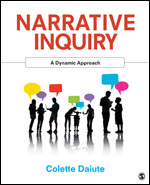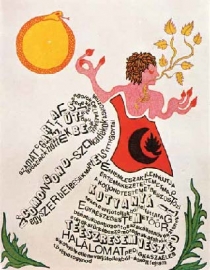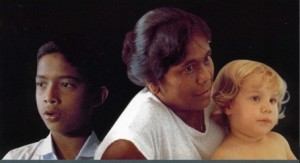A Public Storytelling Research Forum
(Cross Posted on the Center for the Humanities)
Narrating America in the Contemporary Community College will be a one-day workshop with key participants defining the public role of community college as an inclusive democratic space. Educators and researchers at the Graduate Center, CUNY are organizing this forum for increased public engagement and collaborative research in higher education.
At the forum, research with students’ stories will be the basis for collaborative working groups of students, faculty, administrators, community leaders, and public officials interpreting those stories to improve the community college mission and practice. The ultimate goal of the day is to use this public forum to take students’ voices seriously as the basis for collaborative reflection and action. What is at stake is public reflection on a transforming site of American participation.
Campus Community Organizers
Svetlana Jović is a writing fellow for the Writing-Across-the-Curriculum (WAC) program at Bronx Community College. She received her undergraduate and master’s degree at University of Belgrade, Serbia, and is currently a doctoral candidate in developmental psychology at the Graduate Center, CUNY. Svetlana is a visiting lecturer at the Social Sciences and Cultural Studies Department at Pratt Institute, New York, where she teaches courses in psychology.
Tara Bahl is a substitute instructor of urban studies and social sciences at Guttman Community College. She holds a PhD from CUNY Graduate Center in the Urban Education program, with a concentration in education policy. Her dissertation explored the often disconnect between how education policy (college & career readiness) is made, and how high school students experience it in their everyday lives. She is interested in exploring viable strategies that reimagine the college experiences of first-generation-to-college students as student-centered and meaningful—what this looks like in policy, practice, and the lives of students.
Trikartikaningsih (Kiki) Byas is Associate Professor of English at Queensborough Community College of CUNY where she teaches an advanced writing course on the immigrant experience in addition to the regular College Composition classes. Her research interests include Collaborative Learning, Cross-cultural Communication, Technology Enhanced Learning, and Digital Storytelling.
Rachel Ihara is an Associate Professor of English at Kingsborough Community College, where she teaches literature and composition classes and helps to direct the Freshman Writing Program. She earned her Ph.D. in English from the CUNY Graduate Center, focusing on American novels and serial publication. Current research interests include writing pedagogy and the relationship between Freshman Composition and college-wide reading and writing practices.
Jesse W. Schwartz is an Assistant Professor at LaGuardia Community College, where he teaches courses in composition and American literature. He received his PhD in English and American Studies from the CUNY Graduate Center in 2013, and his interests include radical American literature, periodical studies, Marxian theory, and critical race and ethnic studies.
With Presentations by:
Tanzina Ahmed
David A. Caicedo
Colette Daiute
Philip Kreniske
NarratingAmerica-Program
Narrating Change, Changing Narratives Seminar on Public Engagement and Collaborative Research – See recordings of the event here: http://www.centerforthehumanities.org/programming/collections/narrating-america










